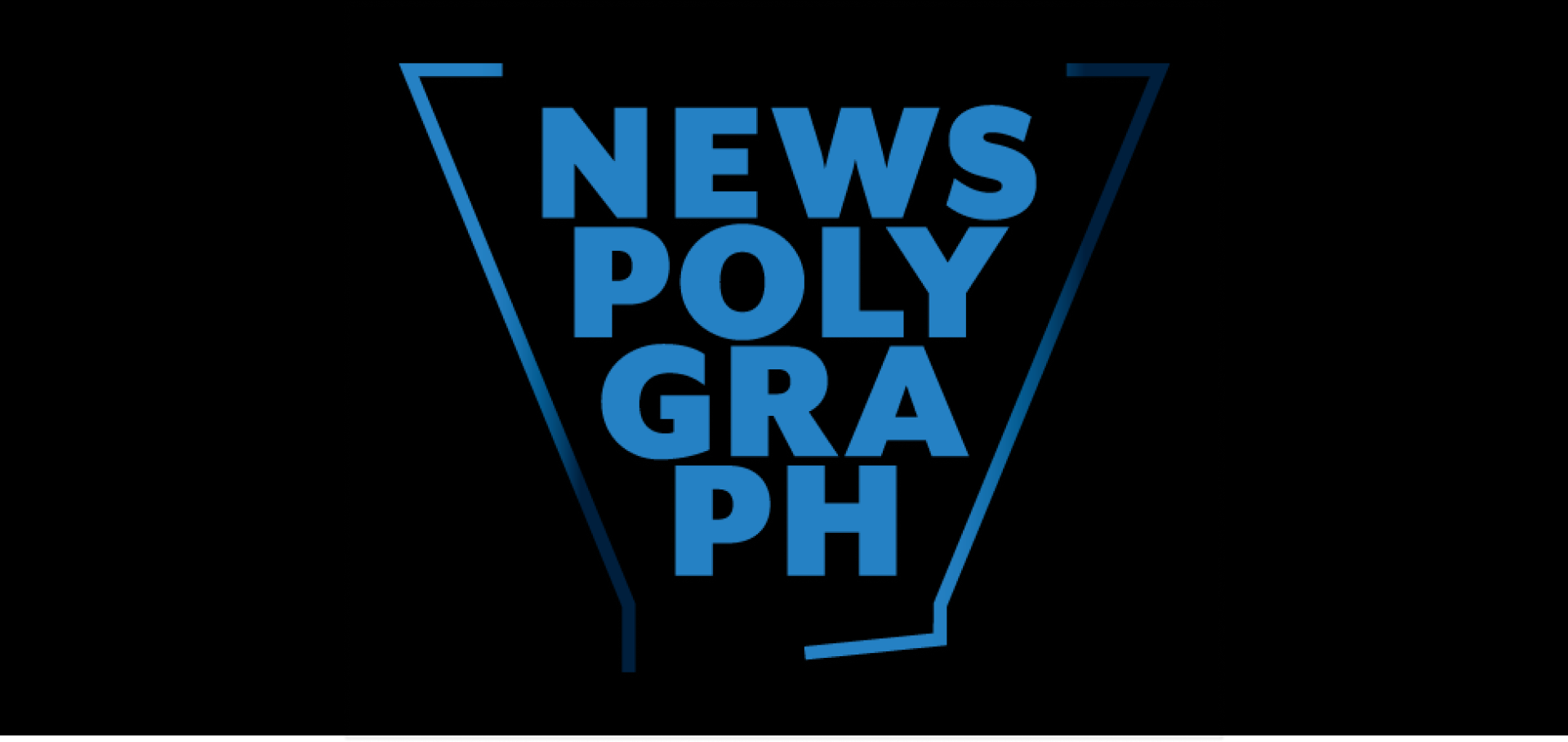We recently announced on social media that neurocat will participate as a member of the research consortium “News-Polygraph” to counter disinformation.
News-Polygraph is funded by the German Federal Ministry of Education and Research as part of its Regional Entrepreneurial Alliances for Innovation program (RUBIN). The consortium brings together 10 partners from Berlin and the neighboring states of Brandenburg and Thuringia.
Over the next three years the project will develop AI tools to identify false, de-contextualized, and manipulated media (text, image, video, and audio). These tools will help the media to more easily and quickly sort fact from fiction and improve the reliability of information provided to the people.
Consortiums such as these are ideal to tackle complex issues that span disciplines and sectors. The problem of disinformation is exactly its unchecked spread from sector to sector as it travels through our technologically interconnected world.
Thus the News-Polygraph consortium includes organizations from research, business, and media who can tackle the issue from a foundational, application, and end-user perspective. Simultaneously the regional consortium structure will strengthen the technology ecosystem of Berlin and the surrounding states.
Within the project we at neurocat will focus on validating the models trained to detect disinformation. Proper validation will ensure that disinformation cannot sneak undetected through the filters due to oversights in the training or intentional alterations (e.g. adversarial manipulation of an image so its ‘fake’ origin goes undetected).
Over the coming months we will provide you with some short backgrounders to prepare you to understand this important issue and the impact the project aims to realize. Follow us on LinkedIn to get notification about our updates.
Below we’ve translated the consortium’s press release for our international friends.
Press Release: Research Alliance "News-Polygraph"
BMBF selects regional AI research project for the detection of manipulated media content for funding
The AI research project “News-polygraph” was selected for funding by the Federal Ministry of Education and Research (BMBF) as part of the funding program “RUBIN – Regional Entrepreneurial Alliances for Innovation”. The aim of the project is to develop a technology platform that uses Artificial Intelligence to identify targeted disinformation (“fake news”). For this purpose, “News-polygraph” will combine various software tools for detecting the manipulation of images, sound, videos, and texts. The result will be a networked collection of digital tools to combat falsified or out-of-context information. Over the next three years, a total of ten partners from Berlin, Brandenburg, and Thuringia will work together on research and development, including institutions from science, media, technology, and industry.
“News-polygraph” is expected to officially start its implementation phase in spring 2023.
An AI lie detector for media content: What is fact and what is “fake”?
The planned digital “news-polygraph” tools will support the media industry by making it easier and faster to check multimedia content for manipulation with the help of AI. In social media, deliberately placed misinformation has long been a well-known and widespread problem. Not only is the number of manipulated media increasing rapidly, but also the quality of fake content is increasing. So-called deepfakes – image, audio or video files manipulated with AI – increasingly appear deceptively real, so that counterfeits can only be identified with great effort. “News-polygraph” is intended to support media professionals and other affected industries in the reliable, time-efficient, and intuitive detection of false information.
For the reliable detection of manipulated media content, the AI models must be “trained” by experts in disinformation. How well the training works will be tested in an initial pilot project in the journalistic field. Other areas of application are diverse and range from PR agencies to public institutions, insurance companies and investigative authorities.
A strong alliance with partners from science, media, technology, and business
Ten partners from the region have joined forces for “News-polygraph” and form an interdisciplinary research alliance. “News-polygraph” is closely linked to basic and applied research through the three scientific partners – the German Research Center for Artificial Intelligence, the Fraunhofer Institute for Digital Media Technology IDMT, and the Technical University of Berlin. The entrepreneurial orientation of the project is strengthened by the five corporate partners Crowdee, delphai, neurocat, transfermedia production services, and Ubermetrics Technologies. The concrete pilot project of “News-polygraph” will be implemented by the two user partners Deutsche Welle and Rundfunk Berlin-Brandenburg, who will test the developed prototype with their editorial fact checking experts.
“The fight against disinformation is the greatest journalistic and social challenge of our time. The fast and reliable verification of media content is therefore becoming increasingly important in news production, but also in other fields of application. With ‘News-polygraph’, we want to develop a widely applicable, intuitive solution for this,” says Wilfried Runde, spokesman for ‘News-polygraph’ and Head of Research and Cooperation Projects at Deutsche Welle.
“News-polygraph” is expected to officially enter the implementation phase in spring 2023.
If you have any questions, please contact:
Claudia Wolf | Project coordination News-polygraph | info(at)news-polygraph.com | +49 331 721 21 83
About news-polygraph
The research alliance News-polygraph consists of ten partners, five of which are companies (Crowdee GmbH, delphai by AtomLeap GmbH, neurocat GmbH, transfermedia production servicesGmbH and Ubermetrics Technologies GmbH), three science partners (Deutsches Forschungszentrum für Künstliche Intelligenz GmbH, Fraunhofer-Institut für Digitale Medientechnologie IDMTand Technische Universität Berlin), and two user partners (Deutsche Welle and Rundfunk Berlin-Brandenburg).
